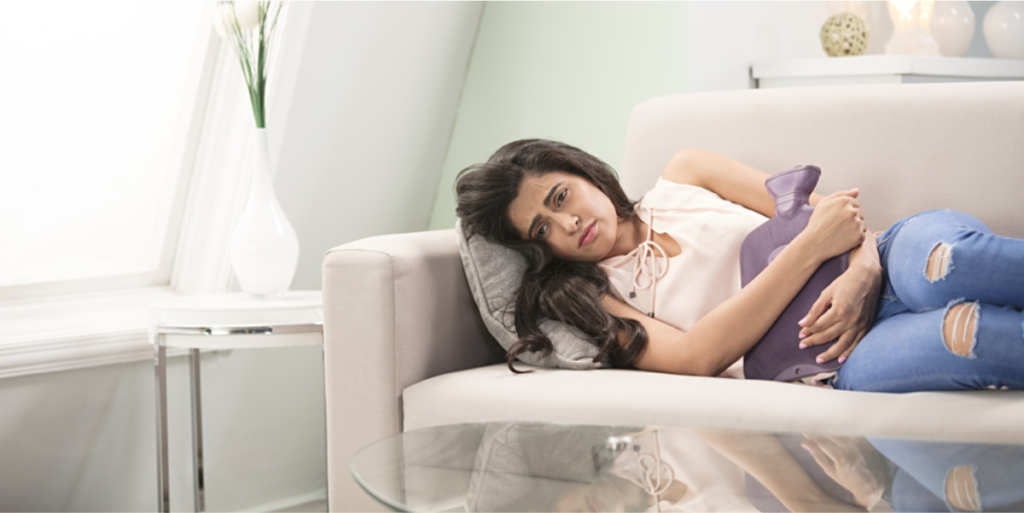(A) ATONY OF UTERUS
Uterine inflammation, prolonged leucorrhoea, irregular menstruation, fibroids, and malnutrition contribute to uterine weakness. Patients may struggle to conceive, and if conception occurs, it often leads to abortion before maturity, resulting in a smaller-than-normal uterus.
Arq Dasmool: Used post-delivery to prevent various uterine diseases. Directions: 50-50 ml in the morning and evening, mixed with Sharbat Bazoori.
Habb-e-Hamal: For women with regular menstrual periods but facing uterine disorders and infertility, these pills aid in conception. Directions: 1 pill with milk in the morning and evening after the menstrual period (from the 5th day), cohabiting on the fourth day. Continue for three months.
Habb-e-Murad: Effective for infertility due to endometritis, uterine weakness, or any uterine disorder. Directions: 1 pill with fresh water in the morning for three continuous days from the fifth day after the menstrual period.
Majoon-e-Hamal Ambari Alvikhani: Useful for uterine weakness and associated abortions. Continuous use from the third to seventh month of pregnancy may prove beneficial. Directions: 5g with lukewarm milk in the morning.
Majun Muqawwi Reham: Relieves uterine and organ weakness, beneficial for uterine diseases. Directions: 5g with lukewarm milk in the morning or evening.
Majun Nishara aaj wali: Checks habitual abortion, strengthens the fetus. Directions: 5g with milk in the morning.
Prega Strong Tablet: Useful for infertility, uterine problems, menstrual disorders, and weakness after delivery. Directions: 1 to 2 tablets twice a day after menses or as directed by the physician.
Supari Pak Powder: Relieves leucorrhoea, backache, joint pain, and irregular menstrual periods. Aids pregnancy by addressing various uterine disorders. Directions: 6 to 10g with 250ml warm milk on an empty stomach in the morning. Advised for morning and evening use.
(B) DYSMENORRHOEA
Menstrual blood flow less than normal with pain and difficulty, causing backache, groin pain, abdominal pain, leg pain, and sometimes mild fever. Thyroid disorders, obesity, uterine fibroids, and uterine deviation are common causes of dysmenorrhoea.
Anis Niswan: Useful for menstrual pain, leucorrhoea, and uterine weakness. Protects females from various uterine diseases. Directions: 10ml with a little water after breakfast.
Habb-e-Mudir: Effective for abnormal menstrual periods, induces physical movements in uterine muscles to secrete foul blood. Directions: 1 tablet with water in the morning and evening. Not to be used during menstrual periods and pregnancy.
Sharbat Mudir: Useful in Dysmenorrhoea & Amenorrhoea. (Not to be used in pregnancy & menstrual days.) Directions: 20-40ml mixed with lukewarm water or Arq Badiyan. Not to be used during menstrual periods and pregnancy.
(C) LEUCORRHOEA AND ENDOMETRITIS
White or pale secretion from the vagina may indicate endometritis, vaginitis, syphilitic or gonococcal infection, or local infection spread. Symptoms include general weakness, low backache, leg pain, cramps, and frequent urination. Leucorrhoea makes it challenging for patients to conceive properly.
Habbe Marwaridi: Useful in uterine inflammation and leucorrhoea, checks leucorrhoea discharge, and removes uterine inflammatory conditions. Directions: 1-1 pill with lukewarm milk in the morning and evening.
Halwa-e-Supari Pak: Effective for low backache, leucorrhoea, Vaginal laxity, spermatorrhoea, and premature ejaculation in males.
Likonil Syrup: Useful in leucorrhoea, menstrual disorders & uterine diseases. Directions: 10-10 ml in the morning & evening.
Likonil Tablet: Useful in persistent or recurrent abnormal vaginal discharge (leucorrhoea), strengthens the uterus & its related organs. Directions: 2-2 pills morning & evening.
Majoon-e-Suparipak: Well-known remedy for leucorrhoea and uterine inflammation. Directions: 10g with lukewarm milk.
Majun Mochras: Removes leucorrhoea, strengthens the uterus, and addresses spermatorrhoea in males. Directions: 5g with milk.
Majun Muqawwi Reham: Strengthens the uterus, produces blood, removes weakness, recommended for laxity of the uterus, excess menstrual period, and leucorrhoea. Directions: 5-10g with a little milk in the morning or evening.
Majun Suhag Sonth: Useful in uterine pain, menstrual irregularities, leucorrhoea, weakness after delivery, and mouth stench. Directions: 5-10g with a little sweet milk.
Majun Zanjabeel: Useful in leucorrhoea and uterine inflammation. Removes weakness and backache after delivery and menstrual irregularities. Directions: 5g with lukewarm milk in the morning.
Marham-e-Dakhilyun: Useful in endometritis, salpingitis, oophoritis. Removes hardness from the uterine area and normalizes functions. Directions: 5g mixed in 5ml nightshade (Makoh) water, sieved and put into the vagina. Apply only Marham if nightshade water is unavailable.
Safoof Sailan: Dries up harmful uterine secretions and useful in leucorrhoea. Directions: 5g with a little fresh water.
Seelani: Useful in all types of leucorrhoea, including during pregnancy or after delivery. Also addresses local vaginal infection, endometritis, cervical ulceration, itching of vulva, low backache, abdominal pain, and infrequent urination. Directions: 2 tablets with lukewarm milk in the morning.
(D) MENORRHAGIA
Menstrual blood flows less than normal with difficulty and pain, causing backache, groin pain, abdominal pain, leg pain, and sometimes mild fever. Thyroid disorders, obesity, uterine fibroids, and uterine deviation are common causes of menorrhagia.
Anis Niswan: Useful for menstrual pain, leucorrhoea, and uterine weakness. Protects females from various uterine diseases. Directions: 10ml with a little water after breakfast.



